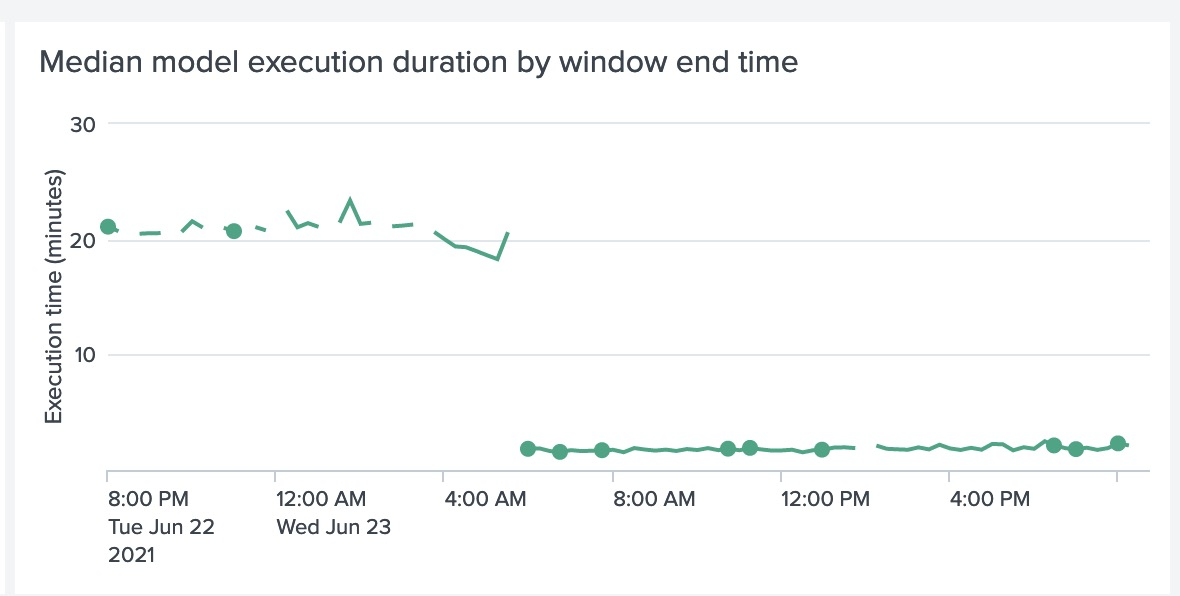Sorry about that jargon soup, but this post is technical and is intended for such audiences.
I recently had an opportunity to speed things up by 10X:

Sorry about that jargon soup, but this post is technical and is intended for such audiences.
I recently had an opportunity to speed things up by 10X:

I recently read Futureproof by Kevin Roose. Kevin is a technology writer for The New York Times. The book has two parts to it; I skimmed through the first part but found the second part interesting. It is a list of nine rules designed to help us, humans, navigate a world increasingly run by machines.
I want to call out four of them that struck me as very insightful.
[Read More]Back in 2004, when I was in Bangalore and still fresh out of college, I was mesmerized by a book with a title that asked you to kill the Buddha if you met him. The murderous Zen title notwithstanding, the book was written by a psychotherapist who drew parallels between literary characters and his patients. I wanted to read more such books, but as I said, I was in India and it was 2004. Only in the last year have I delved deep again into the realm of psychotherapy.
[Read More]I’ve previously posted on this blog about a machine-learning model we built to detect irrigation globally.
I’m happy to report that our work is now published as a paper in the journal Advances in Water Resources.
[Read More]The Sense of an Ending is a slim novel by Julian Barnes. I don’t have much to say about the story, but I was drawn to the main character, Tony Webster.
[Read More]We are all familiar with sci-fi stories of evil robotic overlords. I’m not into science fiction as a genre, yet I thoroughly liked the movies Ex Machina (2015) and The Matrix (1999). Both movies are nominally about artificial intelligence, but ask deep philosophical questions.
[Read More]I recently read Ghachar Ghochar, a novella by Vivek Shanbhag. The original is in Kannada, but I read the English translation by Srinath Perur.
The novel is slim; it runs to a little more than 100 pages. This is significant, because within these pages, the author still tells a wonderful story. It’s a story that leaves a lot unsaid, for the reader to fill in the details.
[Read More]